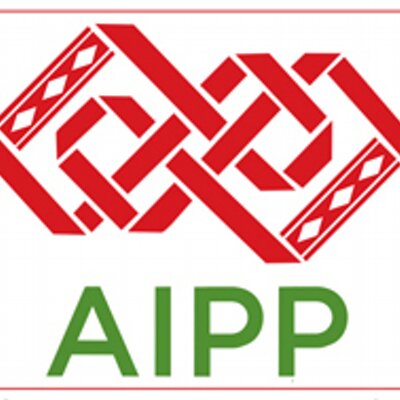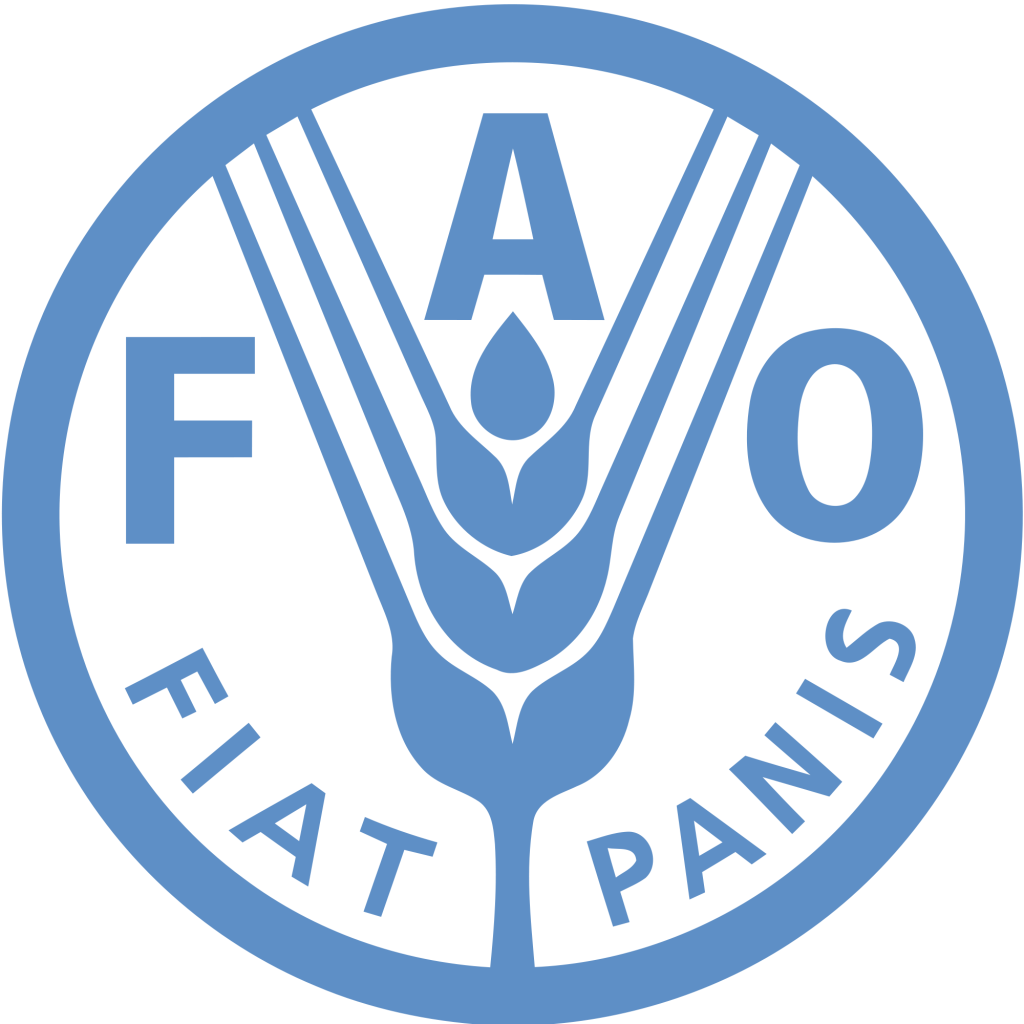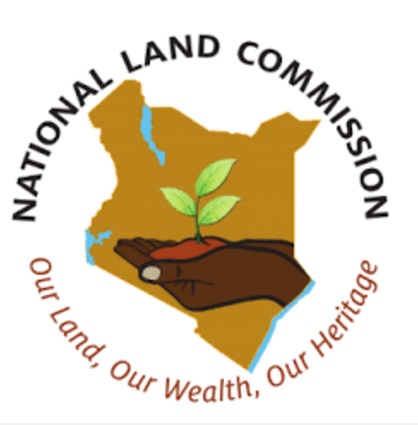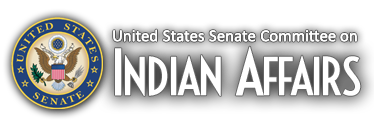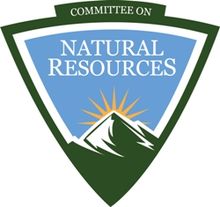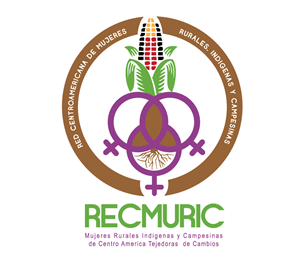Centre pour l'Environnement et le Développement Cameroun
Mission et Objectifs
Le CED s’est donné pour mission de contribuer à la protection des droits, des intérêts, de la culture et les aspirations des communautés locales et autochtones des forêts d’Afrique Centrale, par la promotion de la justice environnementale et de la gestion durable des ressources naturelles dans la région.
Nos objectifs sont les suivants:
- Réduire les impacts écologiques et sociaux des industries extractives;


